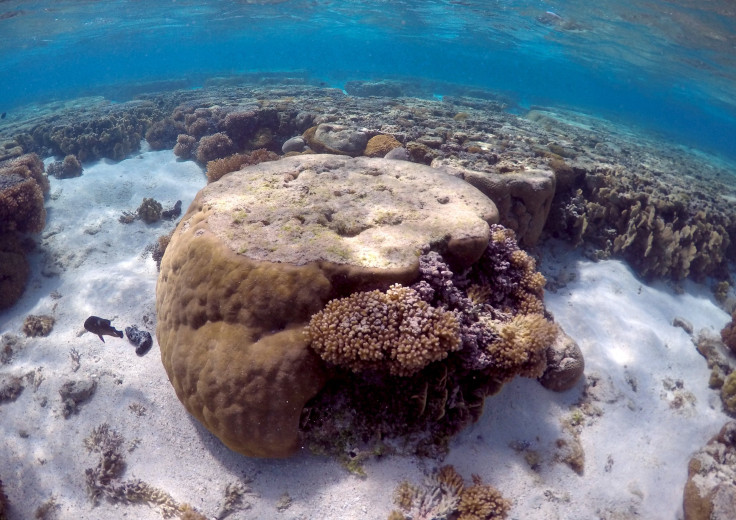Fish can save the Great Barrier Reef from coral bleaching; Australia failing to meet water quality targets

When it comes to the Great Barrier Reef’s critical water quality targets, Australia may be failing, warns a report that UNESCO is well aware of. Last year UNESCO did not list the reef as a World Heritage Site in Danger after considering Australia's Reef 2050 plan to manage land-based pollution.
However, after the recent coral bleaching incident, it is closely monitoring Australia’s management of the reef. Federal government's marine science agency has also warned water quality targets are not likely to be met.
RELATED: There’s no way the Great Barrier Reef can be climate-proofed; Reef destruction a political failure
“We reviewed the most recent science and also looked at the report cards on progress towards the targets, and we found that it's unlikely that the Reef 2050 Plan water quality targets will be met,” said Dr. Frederieke Kroon of Australian Institute of Marine Science (AIMS) researcher.
According to News.com.au, the Queensland government announced on Sunday that it has granted mining leases for Indian mining giant Adani’s Carmichael coal mine in the Galilee basin. This has infuriated conservationists who are of the opinion that this would only make matters worse for the Great Barrier Reef.
Land-based pollution is only one of the threats that the reef is facing. Kroon recommended three options for meeting water quality targets in Australia. They were retiring cropping land, changing agricultural land use and introducing legislation.
In light of the recent coral bleaching events, scientists have also found out that fish are protecting the Great Barrier Reef corals from bleaching, predators and storms. However, the researchers are not sure how the fish are doing it.
“Rapid recovery times are critically important, especially when the reef is faced with so many different threats, but equally important is our finding that reefs inside no-take zones actually fared better during the disturbances, on average the magnitude of impacts was 30 per cent lower,” said Camille Mellin from AIMS.
This means that fishing bans in the Great Barrier Reef may allow corals to bounce back faster after the coral bleaching disaster. Researchers, over the last 20 years, have studied 26 reefs that are open to fishing and 20 reefs inside no-take zones. They have found that no-take zones with more fish recover faster from disaster, writes The Huffington Post.





















